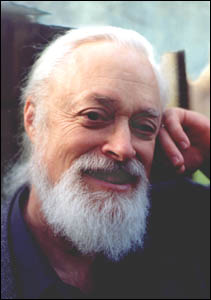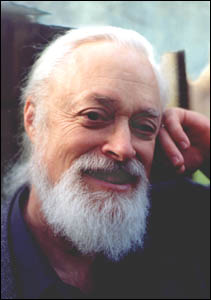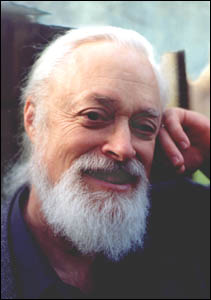
Robert Steele to Tom Atlee:
From a very smart, very senior observer who is trying to understand how I see what I see. This is a problem. The movement needs some clarity for the externals.
—-
One of us is wrong on what they want. You have been there and I have not. No matter what you say, I believe most, not all, are advocating a free ride. I do not buy the idea that everything being written is misinformation. Who is paying to support the people staying there. If they are students they are missing school. How many are engineers, scientists, and business majors? There is still opportunity in this country. Jobs are going unfilled because qualified candidates are unvavailable, mainly in the technical areas. I fail to see what these folks want. I can agree that there are too many people in Wall Street making obscene amounts of money on questionable trading practices. Do the protesters want these people tried and sent to jail or do they just want their money? They need to be specific.
For most, electoral reform means making sure the candidate they want wins. No corporate donations should also mean no union contributions, and the unions are supporting the rallies. Everyone should be entitled to support who they want. One person's corruption is another's bread and butter. Is bailing out banks any worse that spending money on energy projects that make no economic sense? I don't think so and I don't like either.
Almost everyone is upset with the state of the economy. I have not heard of any ideas from the protesters on how to improve the situation. They think government is the answer, mainly government spending.
TOM ATLEE RESPONDS
Continue reading “Tom Atlee: Understanding Occupy Wall Street”




